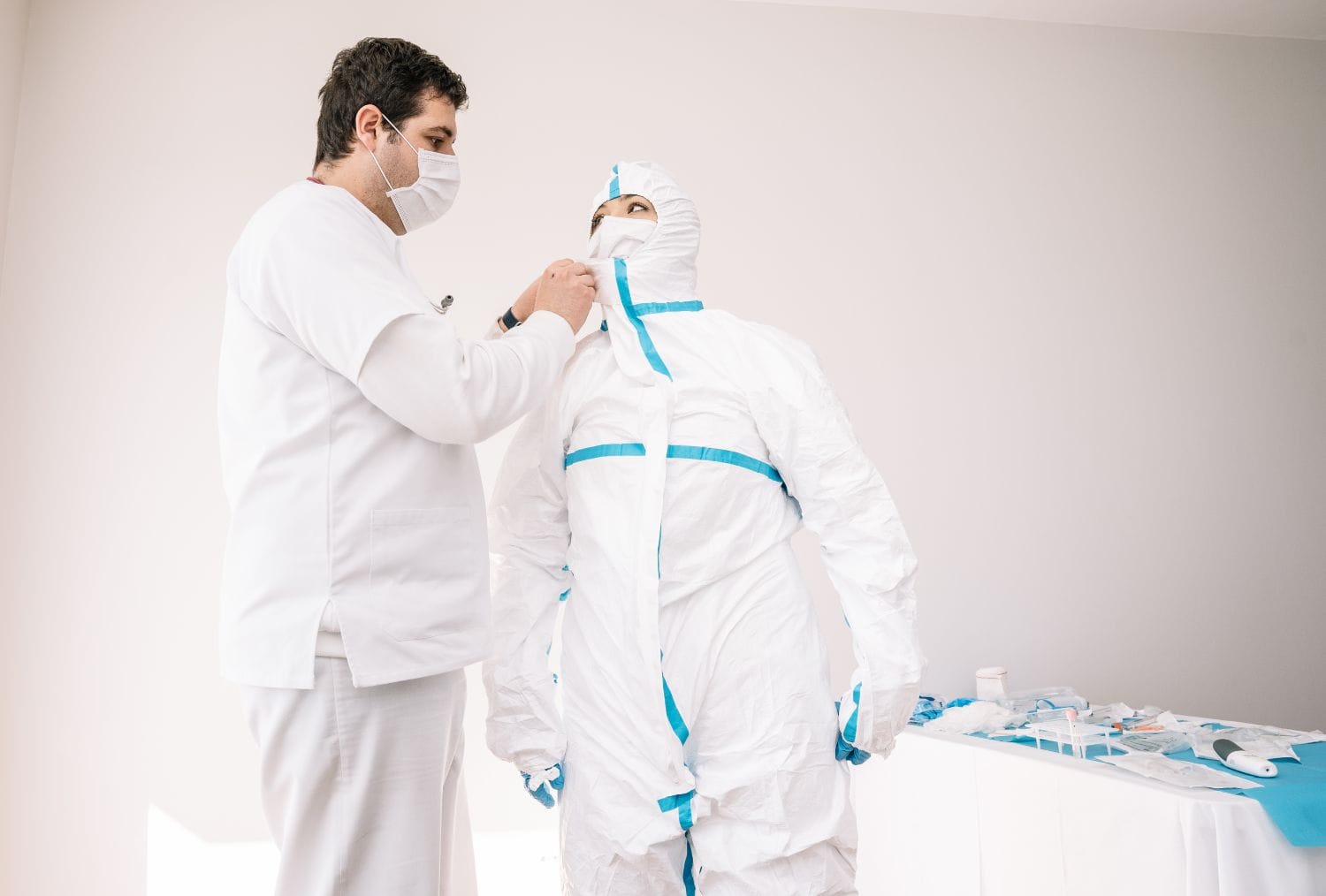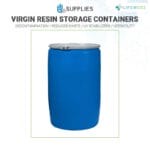What are PPE Policies?
PPE policies refer to the formal guidelines and procedures established by organizations to ensure the proper selection, use, maintenance, and disposal of personal protective equipment (PPE) in the workplace. These policies are designed to protect employees from workplace hazards by providing clear instructions on when and how PPE should be worn, how to maintain and store it, and how to comply with relevant safety regulations. PPE policies are essential for promoting a safe working environment across industries, including healthcare, construction, manufacturing, and chemical processing.
Why are PPE Policies Important?
PPE policies are crucial for maintaining safety in workplaces where employees are exposed to various hazards, such as chemical exposure, physical injuries, or biological contaminants. These policies ensure that workers are fully aware of the risks involved in their jobs and are equipped with the appropriate protective gear to minimize those risks. Without clear PPE policies, employees may misuse or neglect necessary safety equipment, leading to accidents, injuries, or health problems.
Additionally, PPE policies help organizations comply with legal safety requirements set by regulatory bodies such as the Occupational Safety and Health Administration (OSHA). Failure to implement and follow PPE policies can result in fines, penalties, and an increased risk of workplace injuries. By establishing robust PPE policies, employers not only protect their workers but also create a culture of safety and accountability.
Key Elements of PPE Policies
- Hazard Assessment: PPE policies typically begin with a hazard assessment that identifies potential risks in the workplace and determines the necessary protective equipment for different tasks.
- PPE Selection and Use: These policies provide detailed guidelines on selecting the appropriate PPE for each hazard, ensuring workers know when and how to use items like gloves, masks, helmets, or goggles.
- Training and Fit Testing: PPE policies include training programs to educate workers on proper PPE use and fit testing to ensure the equipment provides maximum protection.
- Maintenance and Disposal: Proper care, cleaning, and disposal instructions are outlined to extend the life of PPE and ensure it remains effective in protecting workers.
Applications of PPE Policies in the PPE Industry
In the PPE industry, these policies are integral for ensuring that products meet safety standards and are used appropriately across various sectors. In healthcare, PPE policies ensure that medical staff wear appropriate protective gear like masks, gloves, and gowns when handling infectious diseases. In construction, policies ensure workers use helmets, safety boots, and fall protection harnesses to avoid injuries from falling objects or high-risk tasks.
Chemical processing plants rely on PPE policies to provide workers with chemical-resistant clothing and respiratory protection to minimize exposure to toxic substances. Similarly, in manufacturing, workers are equipped with eye protection, gloves, and hearing protection as per the policies to safeguard against mechanical, noise, and electrical hazards.
Conclusion
PPE policies are essential for creating a safe and compliant workplace by providing guidelines for the effective use, maintenance, and disposal of personal protective equipment. By ensuring workers are protected from potential hazards and that organizations comply with safety regulations, PPE policies help reduce workplace injuries and promote a culture of safety across industries.
« Back to Glossary Index

















